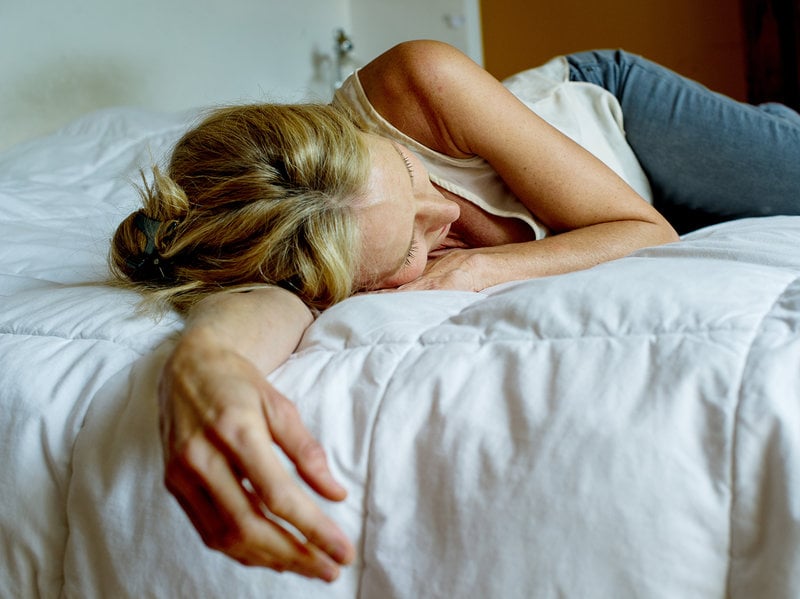Are older adults stressed? Compared with their younger counterparts, it seems older adults would experience less stress than those working high-pressure jobs, raising families or dealing with other midlife stressors.
But just because you’re retired — or about to be — doesn’t mean you’re living a stress-free life. As we age, our stressors change — we may be dealing with a chronic condition or caring for a spouse or a friend, the loss of a friend or family member or moving — and our ability to deal with and bounce back from those stressors changes, too. Here’s what you need to know about how stress affects older adults and ways to find stress relief.What Happens When You’re Stressed
Imagine the following scenario: You’re on a relaxing hike through the woods. Suddenly you find yourself face-to-face with a large bear. Your muscles tighten, your breathing quickens, your senses become sharper and you may even begin to sweat. You are experiencing your body’s automatic “fight or flight” response.
While this response is helpful when you’re face-to-face with that bear, if you’re not in a life-threatening situation, this response isn’t very helpful. Problems occur when your body launches the “fight or flight” response in the absence of any emergency.
Stress as You Age
As you age, the fitness of your heart and your lung capacity changes, which can affect your body’s ability to adequately respond and accommodate its stress response. Not only that, if you’re not getting enough sleep — and most older adults aren’t — your stress response can be changed, too.
If you’re like a lot of people, you may not realize you’re experiencing too much stress until you notice physical symptoms. Common symptoms include:
- Tension headaches
- Indigestion
- Trouble sleeping
- Anxiety
- Irritability
- Eating changes — overeating or undereating
- Trouble concentrating
Stress Relief for Older Adults: 3 Tips
If you’re struggling with stress, you don’t have to suffer. Try these simple things to reduce your stress and anxiety.
Talk about it: Discuss your concerns with a family member or friend. You also could talk to a counselor or therapist. A mental health professional like a counselor or therapist also can provide you with coping techniques to help you reduce and effectively deal with your stressors.
Elicit the relaxation response: Just like your body has the “flight or fight” response, it also has a relaxation response. The relaxation response lowers your blood pressure, heart rate and breathing rate. Here’s how to turn it on: Inhale slowly and count to four and exhale slowly while counting to four. Other ways to elicit this response include doing yoga, meditating and tai chi.
Work it out: Exercise can help reduce stress and help you deal with its effects. Try walking, jogging, bicycling, yoga, gardening or swimming. If you have questions or concerns about beginning an exercise routine, speak with your doctor.
The symptoms of stress vary from person to person and recognizing your triggers can help you manage your stress levels before it hurts your health.













